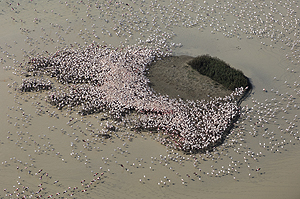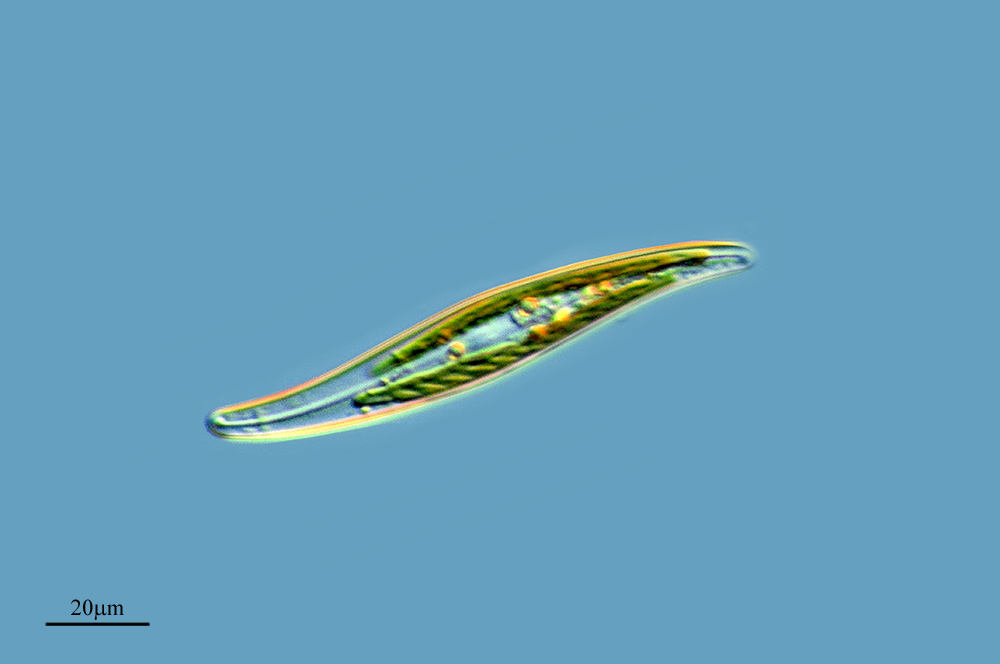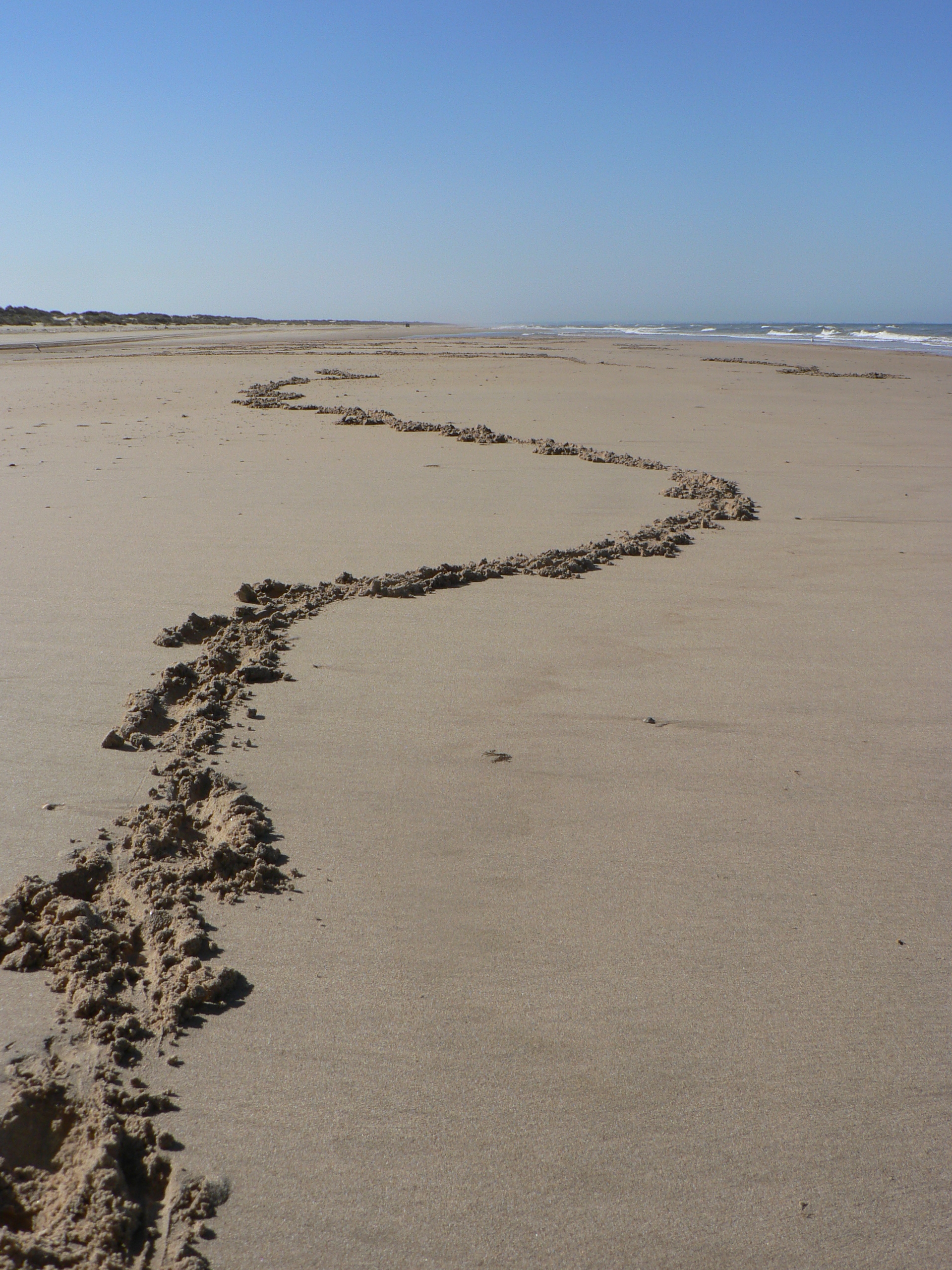The research of this group focuses on the use of genetic tools for conservation and to gain knowledge on the basis of the origin of biodiversity at all levels and on its evolution through time. This includes such diverse issues as the molecular basis of phenotypic diversity in domestic animals, the study of factors affecting the rate of diversification in neotropical amphibians, landscape genetics of several species and the assessment of ecological processes and genetic mechanisms which determine plant populations viability or changes in mammalian communities since late Pleistocene.
Related with the technological advances of recent years, our group is beginning to use innovative genomic tools to gain capacity in answering ecological or evolutionary questions and to facilitate the development of management and conservation plans of threatened species.
The increasing use of molecular techniques at EBD-CSIC in addressing ecological questions has provided important conceptual and methodological advances for evolutionary and conservation biology approaches. Examples of applications include the genetic characterization of endangered species, conservation actions, and the study of temporal changes through time.
A new dramatic change in the study of natural processes is taking place with the development of genomic technologies. Progress in biomedical research and in the study of model organisms has resulted in new methods that yield millions of nucleotides of DNA sequence or tens of thousands of genetic markers. Some researchers at the EBD-CSIC already incorporate genomic tools and the institute as a whole appreciate the need to strengthen the application of genomic tools to remain competitive in an international context. This need is partially filled by the EU-funded project EcoGenes which has provided equipment for next generation sequencing. The EBD-CSIC is also participating in European initiatives to promote and teach the application of genetics and genomics for conservation and management (EU FP7 network ConGRESS; ESF Network ConGenOmics). However, to guarantee the continuity of the genomics research, further support is needed. We plan the following specific actions for the coming years: recruit further postdoctoral researchers with experience in genomics and bioinformatics; create the necessary infrastructure within the centre to process and analyse raw sequence data; reinforce collaborations with groups with special expertise including training activities; host workshops and encourage sabbaticals.
Within our specific objectives, we highlight:
-Describe genetic patterns in natural populations
-Inferring evolutionary and demographic processes affecting natural population from contemporary, historical and ancestral genetic data.
-Assess the effects of the decline and fragmentation of populations on genomic variation
-Study the effects of inbreeding on fitness in natural and captive populations.
-Assess the relationship between genotype and biological fitness for candidate genes: variation in genes of immune response and resistance to pathogens.
-Enhance genetic management of populations in order to maximize their viability.
-Enhance the application of molecular markers for genetic and demographic monitoring of populations using non-invasive methods.
-Study of ecological processes and genetic mechanisms that determine the viability of plant populations.
Our research aims to understand how populations are working in their natural environment with a multidisciplinary approach integrating knowledge from ecology, evolution, genetics and molecular biology. The variety of scientific disciplines that we develop requires continuous learning and the establishment of scientific collaborations with other national and international research groups. Our dynamic and integrated view of science is transferred to training activities of researchers in our group.
Researchers: Carles Vilà, José Antonio Godoy, Jennifer A Leonard, Xavier F Picó, Joaquín Ortego.




